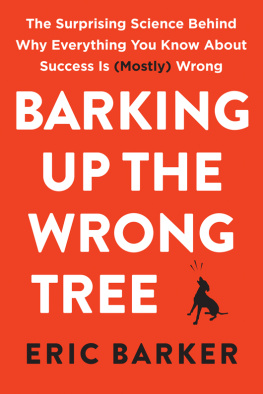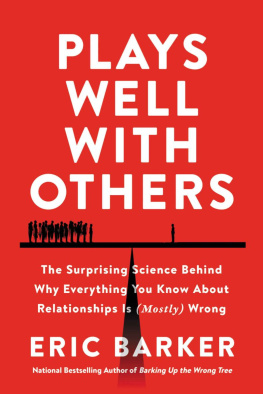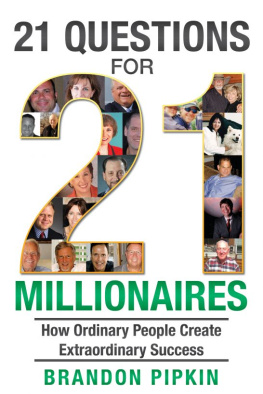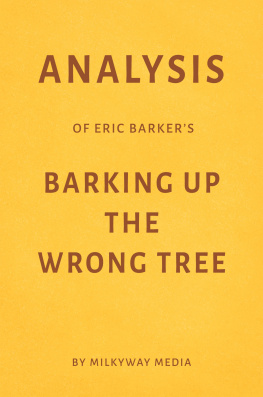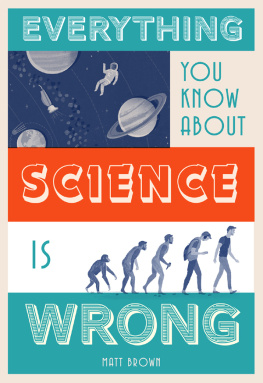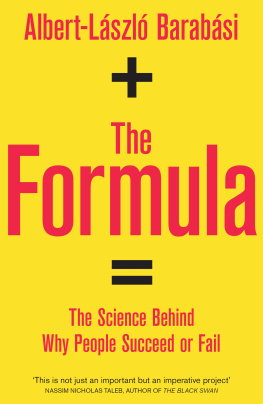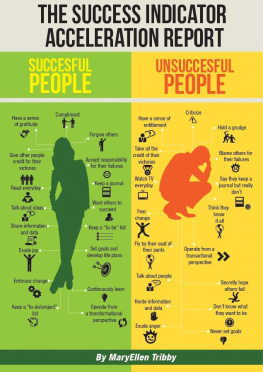Nothing important comes with instructions.
Two men have died trying to do this.
Outside Magazine declared the Race Across America the toughest endurance event there is, bar none. Cyclists cover three thousand miles in less than twelve days, riding from San Diego to Atlantic City.
Some might think Oh, thats like the Tour de France. They would be wrong. The Tour has stages. Breaks. The Race Across America (RAAM) does not stop. Every minute riders take to sleep, to rest, to do anything other than pedal, is another minute their competitors can use to defeat them. Riders average three hours of sleep per nightreluctantly.
Four days into the race and the top riders must debate when to rest. With the competition tightly clustered (within an hour of each other), it is a decision that weighs heavily on them, knowing they will be passed and need to regain their position. And as the race goes on they will grow weaker. There is no respite. The exhaustion, pain, and sleep deprivation only compound as they work their way across the entire United States.
But in 2009 this does not affect the man in the number-one spot. He is literally half a day ahead of number two. Jure Robi seems unbeatable. He has won the RAAM five times, more than any other competitor ever, often crossing the finish line in under nine days. In 2004 he bested the number-two rider by eleven hours. Can you imagine watching an event during which after the winner claims victory you need to wait half a day in order to see the runner-up finish?
Its only natural to wonder what made Robi so dominant and successful in such a grueling event. Was he genetically gifted? No. When tested, he seemed physically typical for a top ultra-endurance athlete.
Did he have the best trainer? Nope. His friend Uro Velepec described Robi as Completely uncoachable.
In a piece for the New York Times, Dan Coyle revealed the edge Robi had over his competition that rendered him the greatest rider ever in the Race Across America:
His insanity.
Thats not an exaggerated way of saying he was extreme. Its a literal way of saying when Robi rode, he utterly lost his mind.
He became paranoid; had tearful, emotional breakdowns; and saw cryptic meaning in the cracks on the street beneath him. Robi would throw down his bike and walk toward the follow car of his team members, fists clenched and eyes ablaze. (Wisely, they locked the doors.) He leapt off his bike mid-race to engage in fistfights... with mailboxes. He hallucinated, one time seeing mujahedeen chasing him with guns. His then wife was so disturbed by Robis behavior she locked herself in the teams trailer.
Coyle wrote that Robi saw his insanity as awkward and embarrassing but impossible to live without. Whats fascinating is that Robis gift was not unknown as an advantage in athletics. As far back as the 1800s, scientists like Philippe Tissi and August Bier noted that an unsound mind can help an athlete ignore pain and push his or her body beyond its naturally conservative limits.
I dont know about you, but my high school guidance counselor never told me that hallucinations, mailbox assaults, and generalized insanity were vital to being a world-renowned success at anything. I was told to do my homework, play by the rules, and be nice.
All of which raises a serious question: What really produces success?
This book explores what brings success in the real world. And I mean life success, not merely making money. What attitudes and behaviors will help you achieve your goals in whatever arena you choose, career or personal? A lot of books cover one facet of the success diamond or present theory without anything actionable. Were going to look at what works and then learn steps you can use to get where you wanna go.
What defines success for you is, well, up to you. Its about what you personally need to be happy at work and at home. But that doesnt mean success is arbitrary. You already know strategies to get you there that are very likely to work (consistent effort) and very unlikely to (waking up at the crack of noon every day). The problem lies in the huge gulf in the middle. Youve been told about all the qualities and tactics that will help you get where you want to go, but theres no real proofand perhaps youve seen plenty of exceptions. Thats what were going to look at in this book.
For eight years on my blog, Barking Up the Wrong Tree, I have been breaking down the research and interviewing experts about what makes a successful life. And Ive been finding answers. Many of them are surprising. Some seem contradictory on the surface, but all of them provide insight into what we need to do to in our careers and our personal lives to get an edge.
Much of what weve been told about the qualities that lead to achievement is logical, earnestand downright wrong. Well explode the myths, look at the science behind what separates the extremely successful from the rest of us, learn what we can do to be more like them, and find out in some cases why its good that we arent.
Sometimes what produces success is raw talent, sometimes its the nice things our moms told us to do, and other times its the exact opposite. Which old sayings are true and which are myths?
Do nice guys finish last? Or first?
Do quitters never win? Or is stubbornness the real enemy?
Does confidence rule the day? When is it just delusion?
In each chapter well review both sides of the story. Well see the strengths of each perspective. So if anything seems like a slam-dunk or a contradiction, hang with me. Both angles will present their case, much like a trial. Then well settle on the answer that gives the best upside with the least downside.
In chapter 1, well look at whether playing it safe and doing what were told really produces success. Well learn about what Harvard professor Gautam Mukunda calls intensifiers. Like Jure Robis insanity, intensifiers are qualities that, on average, are negative but in certain contexts produce sweeping benefits that devastate the competition. Well learn why valedictorians rarely become millionaires, why the best (and worst) U.S. presidents are the ones who subvert the system, and how our biggest weaknesses might actually be our greatest strengths.
In chapter 2, well find out when nice guys finish first as well as when Machiavelli was right on the money. Well talk to a Wharton School professor who believes in compassionate business and altruism, and a teacher at Stanford whose research shows hard work is overrated and kissing up is what gets promotions. Well look at pirates and prison gangs to see which rules even rule breakers follow, and find out how to strike the right balance between ambitiously getting ahead and being able to sleep at night.
In chapter 3, well dive into Navy SEAL training and explore the emerging science of grit and resilience. Well talk to economics Ph.D.s to calculate the best time to double our efforts and when to throw in the towel. Kung fu masters will teach us when being a flaky quitter is a great idea. And well learn the silly word that can help us decide when to stick with something and when giving up is the best move.
Chapter 4 looks at whether it really is what you know or who you know. Well see how the most networked employees are often the most productive but that the greatest experts almost invariably classify themselves as introverts (including an astounding 90 percent of top athletes). Well get insights from the most connected guy in Silicon Valley and learn how to network without feeling sleazy.

